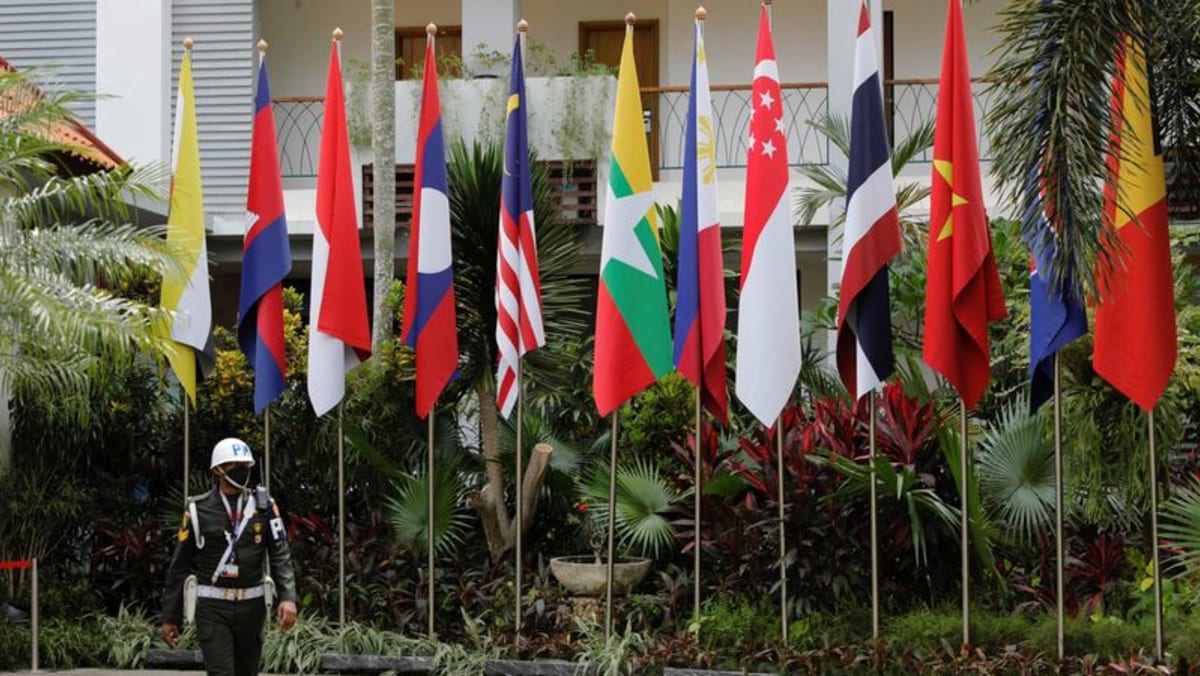
While ASEAN has sent some aid to the country, it has not been able to make further inroads to get victims of the disaster more urgently-needed support, as the military government restricts assistance from international agencies.
This is unlike Cyclone Nargis in 2008, when the grouping managed to broker talks between the then-regime and the UN.
Back then, the West had threatened to apply what is known as the Responsibility to Protect (R2P) on Myanmar, an international principle aimed at protecting civilians.
Observers said the West is currently preoccupied with crises closer to home, and is unlikely to put more pressure on Myanmar in the immediate future.
“Today, it is different. The West is distracted. They have their own problems with (the) ongoing – and possibly protracted – war in Ukraine. And even if the war was to end tomorrow, they will be talking about the reconstruction of Ukraine,” said Ms Sharon Seah, coordinator of the ASEAN Studies Centre at the ISEAS – Yusof Ishak Institute.
“So, those kinds of considerations (such as Myanmar) are no longer there. There is no impetus for any party to quickly step up and work on this.”
RE-ENGAGEMENT WITH MYANMAR
Last year, the bloc made a rare but firm decision to leave Myanmar’s junta out of ASEAN summits and foreign ministers’ meetings.
Some ASEAN member states have recently suggested re-engaging with Myanmar’s military.
Thailand has gone one step further by planning informal talks with the Myanmar army.
Experts said Thailand’s move to initiate dialogue is a positive step forward that could pave the way for more talks with other stakeholders, both within and outside Myanmar.
But Ms Seah cautioned that Thailand should consult the ASEAN Chair so that discussions can align with the Five-Point Consensus, a peace plan adopted in April 2021 between the bloc and Myanmar’s military leaders.
Despite agreeing with the plan, the junta has largely ignored the consensus and little progress has been made in its implementation.
ASEAN leaders have said they will engage with all stakeholders in Myanmar.
However, they also reaffirmed their position at the recent summit in May, where the grouping agreed – again – that the junta will be left out of meetings at the foreign ministers’ and leaders’ level.
Despite international backlash for the bloc’s reluctance to take more drastic action on the junta, some observers argue that ASEAN’s current stance shows that it is united.
This, despite differing opinions on how to deal with Myanmar.
“We see a division in views. There is a group of Myanmar’s most immediate neighbours wanting to solve these issues. On the other hand, there’s another group of countries that have not clearly articulated why they cannot engage with Myanmar,” said Ms Seah.
As ASEAN foreign ministers prepare for this week’s summit, all eyes will be on whether they are able to reach common ground in resolving the crisis engulfing Myanmar.
